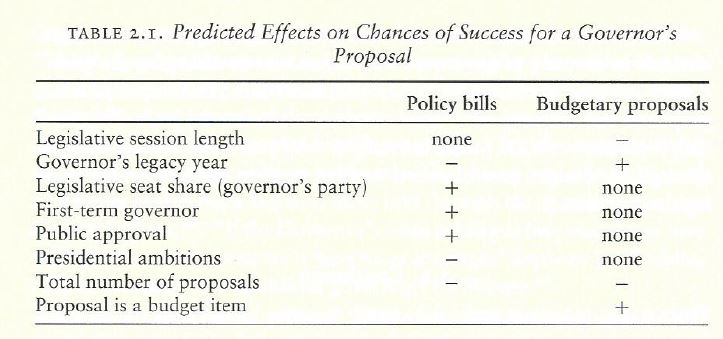Governor Charlie Baker is receiving high marks in the press and among political figures for his first one hundred days in office. Pols and press feel he responded well to our winter woes, has dealt with the state’s budget problems effectively, and works respectfully with other political leaders. Since that’s all covered I’ll discuss matters that affect the governorship that Baker can’t control but which structure his term.
As that sage Donald Rumsfeld would say, the winter storms and collapse of public transportation were “unknown-unknowns.” CSI PoliSci has been unable to uncover evidence that public transit was much of a concern of anyone during the campaign or in the governor’s office. Eight feet of snow later, the governor had a new and unwanted agenda item. He couldn’t be blamed for the MBTA and he couldn’t duck it.An agenda is a nice thing but it's no match for random events.
There are known-knowns that influence how successful a governor can be as well. As Thad Kousser and Justin H. Phillips show in The Power of American Governors: Winning on Budgets and Losing on Policy, state executives are more successful at the budget game than the policy game, and different factors influence success rates. Here’s a table Kousser and Phillips use to show what are the plus, minus, or neutral factors in each dimension.

As we see on budget items, length of the legislative session is a negative factor. This means the longer the length of the session, the more difficult it is for the executive to get his way with the legislature. The legislature, like ours, can be “patient’; a legislature with a short session that wants to get home to their day jobs is much less patient and more willing to give in.
In the Baker experience, however, he came in facing large deficits that would only get larger with inaction. Thus over the winter the legislature couldn’t be patient. In the FY 2016 budget process the state was again facing a big deficit and there was no appetite for addressing it through taxation, which Baker would veto anyway. In both the inherited and FY 2016 deficits Baker was able to construct fixes that did not inflame influential interest group constituencies.
Some of the governor’s ideas to fix public transportation must go through the legislative policy process. He has an obvious deficit here – an overwhelmingly Democratic legislature. Yet Kousser and Phillips find that being in a first term and being popular improve a governor’s chances to pass policy – two bits of political capital enjoyed by Baker right now. Also it may help that he does not have a huge legislative agenda. Of course we’ve seen some push back in the legislature on policy items, early retirement and revoking the film tax credit. It looks like Baker will get most of what he wants on retirement, with the tax credit still undecided. We also await what comes out of his review of state regulations, as that may place him in conflict with the legislature.
Governors can have a tougher time with professional legislatures with powerful leaders, as in Massachusetts. On the other hand, as Kousser and Phillips write, “”Because politics is an intensely personal art, the persuasive skills of governors still have much to do with their levels of success.” Baker is off to a strong start in his relations with legislative leaders.
Governor Baker seems to have enjoyed the unexpected opportunity to learn about the intricacies of snow removal. He’ll experience more randomness as he tries to execute his own game plan. As Professor Alan Rosenthal titled his book, being governor is The Best Job in Politics.

